Eminent Domain and the limitations of government power to claim citizen property
Have you ever seen the look of profound confusion on the face of a child? I saw that look on my 16 year-old daughter’s face at our kitchen table one sunny Saturday morning when I told her that, if it wanted to, government could forcibly kick us out of our home, take it and give it to someone else for their use.
“No way, Dad! That is so unfair! How can they do that?” She asked.
“Eminent domain, sweetie.” I replied.
Here’s the look of confusion: “Wow! That’s so wrong. You work so hard for this house and for us. They shouldn’t be able to do that.”
But, in America today, the unvarnished truth is that they can. It was comforting and reassuring that my daughter’s instinctive reaction was to push back on that truth and label it correctly as “unfair.”
The founders intentionally put a limitation on the power of government to take its citizens’ property in the Fifth Amendment by establishing the “public use” standard. A property taken by government must be taken for the use of the population as a whole, not just for the primary benefit of one or a few private citizens.
If the government needed to temporarily use my property for a military purpose or evoked eminent domain as a tool for them to build a road or canal or something similarly created for use by the whole pubic, then we would be compelled to go along. That is Constitutional. If, however, they were to take my property in the name of “economic development” or “revitalization” and give it to a monied, powerful real estate development interest, that should be wrong and Unconstitutional.
James Madison’s wisdom on property
Why? Why the limitation? For an answer, let’s ask James Madison.
In his 1792 essay titled “Property”, Madison laid out the American ideal of property as being what we own, but also much more. He said (emphasis added):
“. . . In the former sense, a man’s land, or merchandize, or money is called his property.
In the latter sense, a man has a property in his opinions and the free communication of them.
He has a property of peculiar value in his religious opinions, and in the profession and practice dictated by them.
He has a property very dear to him in the safety and liberty of his person.
He has an equal property in the free use of his faculties and free choice of the objects on which to employ them.
In a word, as a man is said to have a right to his property, he may be equally said to have a property in his rights.”
Madison establishes that property is what you have, what you think, what you produce and what you believe. The idea that government can take our property, which my daughter pinned as unfair, extends even beyond our Saturday morning conversation. It extends to the beliefs we profess at our churches, to the products of our work, to our income and to our very words and thoughts.
What’s the big deal on property? Let’s go back to James Madison: “Where an excess of power prevails, property of no sort is duly respected. No man is safe in his opinions, his person, his faculties, or his possessions.”
If government abuses the limitations the founders put on it to take our property, for “just compensation” or not, then government can reach deeply into our lives, our things and our minds.
Our right to our property, in other words, is a foundational right we must defend and is under attack.
Kelo, Justice Thomas and the Attack on Property Rights
It’s Saturday night in the fall. Your alma mater is getting ready to play their arch-rival. You are draped in the logo of your college, settled in to watch the big game and, hopefully, text your buddies proclaiming bragging rights.
Seemingly, you are protected. The police can not randomly come to your home, knock on the door and demand access. You are protected by the Constitution from unreasonable search and seizure.
A criminal can not break into your home and grab that 90” flat screen. You are protected by the law from theft. Even if that does happen, the Constitution says you have a right to defend yourself and your family.
If, however, a local official knocks on your door and serves you notice that in 30 days they will require you to leave your home, receive some compensation and then use your property for a strip mall, so be it. You are not protected.
Strange isn’t it? Nonsensical, really. How can you be protected while in your home but that very home, your property, not be?
Kelo v. City of New London
In the 2005 Kelo decision, the Supreme Court in a 5-4 vote, upheld a Connecticut ruling that the scenario I lay out above is, somehow, Constitutional. Suzette Kelo sued the city of New London to protect her property rights and she lost. Her home, and the homes of many other families, have been bulldozed.
The intent of the city was to invite drug maker Pfizer, through a private entity called the New London Development Corporation (NLDC), to build a facility on that land. That would have “revitalized” the area, created 1000+ jobs and reshaped that community, according to the NLDC.
“Revitalization!” “Economic development!” “Job creation!” Who could be against that? So the argument goes, that is. As if there would not be revitalization, development or job creation without government force. No “progress” unless people like Suzette Kelo are forcibly kicked out of their homes.
In their wisdom, the authors of the Constitution dealt with this issue. In the 5th Amendment they established a standard by which the government could take property. The relevant section of that Amendment says (emphasis added):
“. . . nor shall private property be taken for public use, without just compensation.”
By virtue of the fact that the founders included a standard for government takings of private property, they put a limit on that power. Given that limit, it is important to consider whether they wanted to allow government to take property from person A and give it to person B for the benefit of person B, as Kelo stipulates. Such is the argument of Justice Clarence Thomas.
Justice Thomas upholds the founder’s intent on eminent domain as enshrined in the Constitution
“In my view,” said Thomas in dissent, “it is imperative that the court maintain absolute fidelity to the the Clauses’ express limit on the power of government over the individual” (J. Thomas, Kelo dissension, p. 2). A vague promise of development, increased tax revenue, and job creation are not enough for government takings to rise to the standard of the 5th Amendment.
The Kelo decision (and others of lower courts) has cleared the way for government to take property for “public benefit” rather than public use. “Benefit” being that which may (or may not) materialize for everyone. For example, a local government taking property and giving it to a developer to build a Whole Foods is allowable under Kelo despite the obvious fact that not everyone can afford to shop there. Clearly, this is out-of-line with the “use” clause of the 5th Amendment.
In contrast, Thomas clarifies that government takings should only be for projects which the entire public can use; a road, bridge, a military function, etc. Enriching politically connected land developers is not justification for forcibly taking someone’s property. Such a ruling clears the path for more cronyism, something all sides of the political spectrum profess to be against.
Governments, at all levels, have taken too cavalier of an attitude toward the property rights enshrined in the Constitution. While there has been some state and grassroots-level push back, this effort must ultimately culminate in the overturning of Kelo and the restoration of legal respect for property rights.
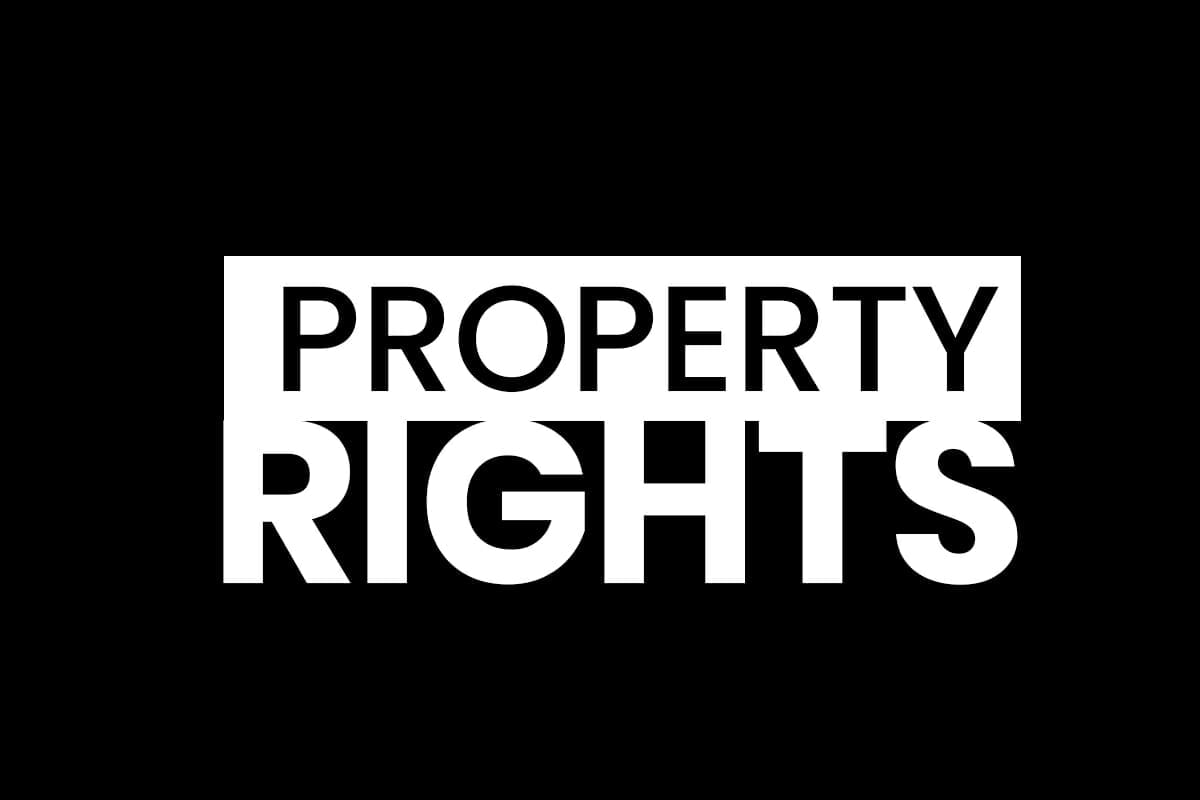
The Founding Fathers, Property, and Property Rights
Roger Bianco speaks on the importance of property rights.
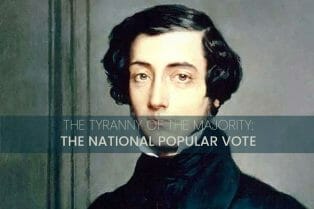
Staving Off the Tyranny of the Majority
The National Popular Vote Interstate Compact threatens to undo the protections of the Electoral College and take away the will of smaller states in presidential elections.



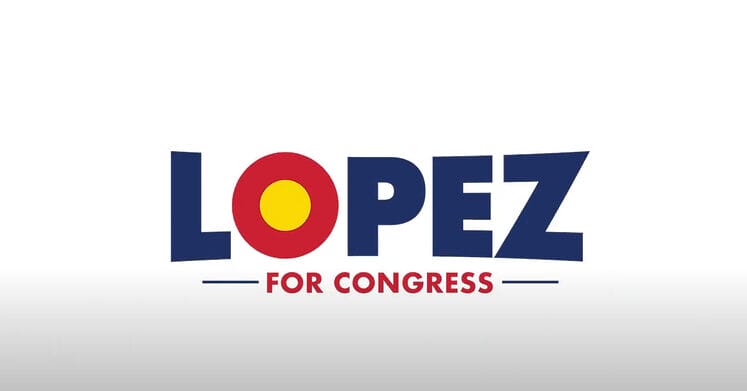
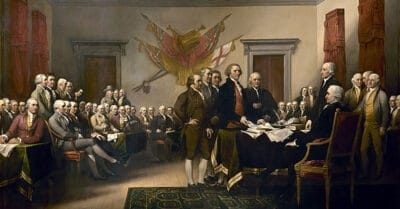

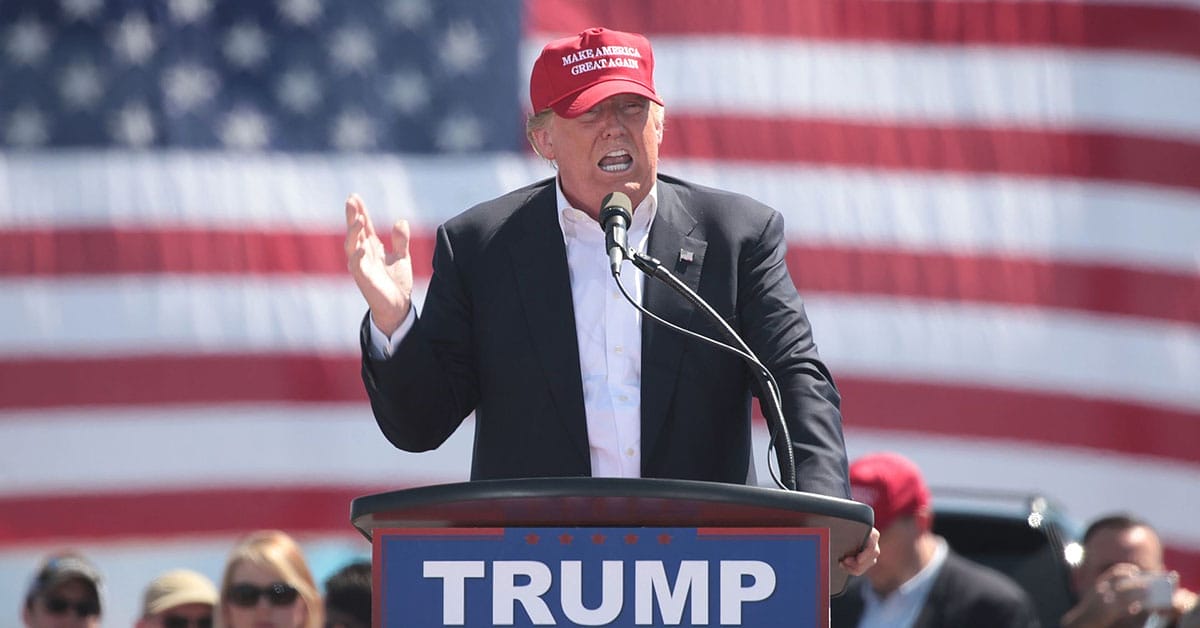


Responses